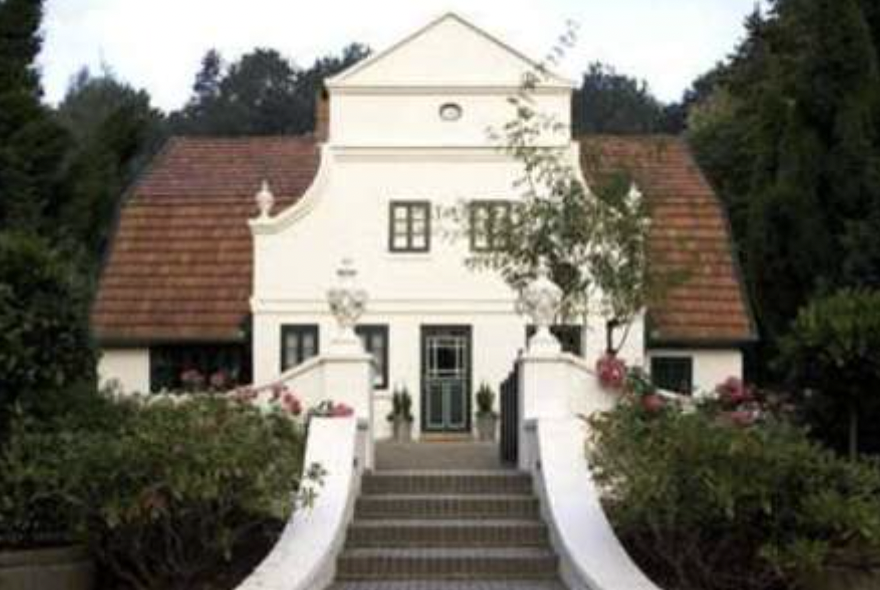BEING HERE IS EVERYTHING by MARIE DARRIEUSSECQ
[selections]
from Being Here is Everything: The Life of Paula Modersohn Becker [Semiotext(e), 2017]
One of them will marry Rainer Marie Rilke. The painter will die young, and the sculptress will die in her old age, even more forgotten.
…
There is no sounder basis for a relationship than misunderstanding.
…
That year our poor woman reads Ibsen’s plays and Marie Bashkirtseff’s diary.
…
And especially not to work too hard. “That is stultifying. People are not meant to study all the time, but must also enjoy life so they can continue to be fresh and receptive.”
…
“Life is serious, and rich and beautiful.”
…
Heinrich Vogeler is the son of a rich hardware merchant from Bremen. He spends his inheritance painting in the pre-Raphaelite style, and sets up Barkenhoff, a superb Art-Nouveau house in Worpswede. He becomes a Communist, turns the house into an orphanage, paints in the Socialist-Realist style and marries an anarchist after his first wife refuses to live in a commune. He fights against Nazism, leaves for the USSR, is unable to return after the German-Soviet Pact is broken and dies in the gulag in Kazakhstan, in 1942, of famine and exhaustion.
[OTTO] “No, I prefer to stay here; I prefer to become more and more inward, to say in my way the things that move me, no matter what else others do.”
…
Thursday, June 14, Otto rushes back to Worpswede. His wife, Helene, has just died.
…
Rilke things that painters know how to live, always. They depict anxiety…Their work is given over to this movement. He, the poet, doesn’t know what to do with his hands. He doesn’t know how to be alive.
…
Women do not have a surname. They have a first name. Their surname is ephemeral, a temporary loan, an unreliable indicator. They find their bearing elsewhere.
…
And, through all these gaps, I in turn am writing this story, which is not Paula M. Becker’s life as she lived it, but my sense of it a century later. A trace.
…
Paula’s parents place one condition on her marriage: their daughter has to take cooking lessons.
…
Rilke says he does not know what Paula is talking about. “Nothing has happened—or rather many good things have happened, and the misunderstanding comes from your not wishing to let happen what has happened.”
…
Whether that “someone more egotistical” is an infant or a husband makes no difference: Clara Westhoff, from now on Clara Rilke, is interrupted.
…
Neither Clara nor Ruth were invited to his funeral. A month before his death, enfeebled, he refused to see them, threatening to flee the border.
…
And who remembers Clara Westhoff?…Yes, what remains are the Sundays with Clara.
…
In July 1902, Otto is blindsided with admiration by a portrait Paula paints of Elsbeth in the orchard. “I can’t keep up with her now. I am simply bowled over by it…It will be a race.”
…
…how she loves walking alone on the moorlands.
…
“I am writing this in my housekeeping book on Easter Sunday, 1902, sitting in my kitchen, cooking a veal roast.”
…
Sundays with Paula.
…
Kinder, Küche, Kirche
…
a woman painting women.
…
There is no shadow in Paula’s painting.
Much I have excerpted from various sources.
Please note that I do not own the copyright to most of the texts, images, or videos.


